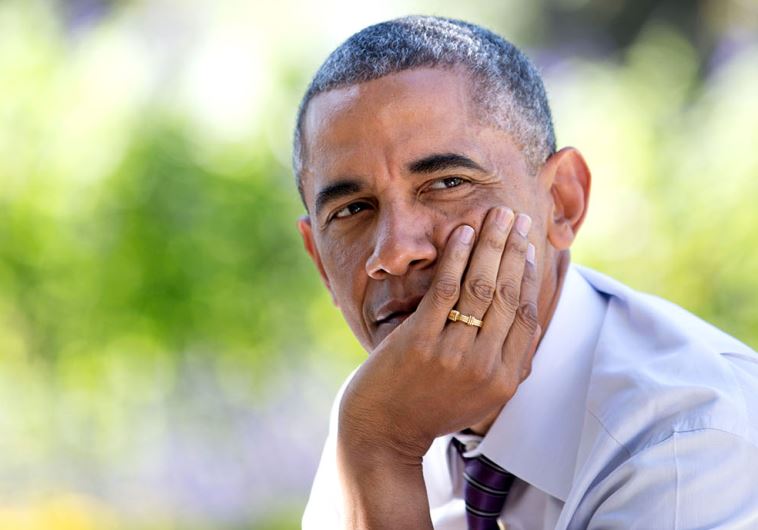Think Again: Giving idealism a bad name
"Obama’s instinctive tendencies tilt toward precisely the sort of idealism that his favorite thinker, Reinhold Niebuhr, scorned."
 US President Barack Obama at the Rose Garden of the White House(photo credit: OFFICIAL WHITE HOUSE PHOTO / PETE SOUZA)
US President Barack Obama at the Rose Garden of the White House(photo credit: OFFICIAL WHITE HOUSE PHOTO / PETE SOUZA)